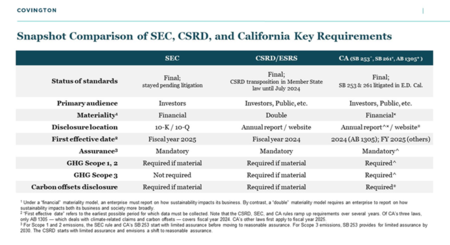Statement by the Australian Farmers’ Fighting Fund, Northern Territory Cattlemen’s Association, Brett Cattle Company & National Farmers’ Federation
The Federal Court judgement in the class action led by the Brett Cattle Company against the Commonwealth and Senator Joe Ludwig stemming from the 2011 live export ban will be handed down by Justice Rares on Tuesday June 2, 2020.
The case has been before the court for six years and the final judgement will be handed down on Tuesday, after 18 months of deliberation by Justice Rares.
Nine years ago, almost to the day, the then Federal Minister for Agriculture Senator Joe Ludwig, acting on behalf of the Government, shut down the live cattle export trade into Indonesia overnight, crippling an industry and the livelihoods of families and communities across Northern Australia and Indonesia.
An ABC 4Corners program which aired on May 30, 2011, set in motion an unprecedented chain of events. The program featured animal welfare abuses in some Indonesian abattoirs processing Australian cattle. The Federal Minister and the Government hit the pressure release valve, bringing the cattle industry to an overnight screaming halt.
The industry was shut down through the first export control order on June 2 and sealed with a final and devastating export control order on June 7, 2011. The trade was banned and lives changed forever.
The shutdown came at the very beginning of the season, which was the worst possible time, with cattle in yards on farms, on trucks, in feedlots and on ships destined for South East Asia.
The northern cattle industry was shut down at the very time when the sales were to pay down debt and cover costs to operate. The impact of the shutdown affected transport companies, vets, livestock agents and associated careers, contractors and local businesses who were all gearing up for the season.
In attempting to address an isolated animal welfare issue, the Government opted to cripple an entire industry through the ban rather than focus on fixing the real problems where they existed in the supply chain.
Families, businesses, livelihoods and reputations were impacted, many never recovered.
Despite best endeavours by the northern cattle industry to settle the matter out of court from 2011, in 2014 an action was filed in the Federal Court. This case sought to establish a case of misfeasance against the Federal Agriculture Minister, Senator Joe Ludwig on the basis that he acted disproportionately and with no regard to advice as to the impact on industry by signing the export control orders. The lead claimant in the case is the Brett Cattle Company of Waterloo Station.
After a long period of discovery and preparation the Federal Court held hearings in December 2017 and December 2018. The final judgement will be delivered on Tuesday June 2, 2020.
This will be a monumental day for the Brett Cattle Company, the Northern Territory, the Northern Territory Cattlemen’s Association (NTCA) and the National Farmers’ Federation (NFF) and would not have been possible without the support of the Australian Farmers’ Fighting Fund (AFFF).
Tracey Hayes, the class action facilitator and former NTCA Chief Executive has acknowledged the tireless work of so many in bringing this case to its conclusion.
“June 2, nine years ago, changed everything we had accepted as fair,” Ms Hayes said
“We truly hope that June 2, 2020 will forever be a warning to government that political populism and knee jerk decisions are not acceptable and that legal and just compensation is delivered to those impacted across the supply chain.”
“Win or lose the northern cattle industry is seeking closure. These events have changed the way the industry operates with substantial and constant improvements in animal welfare in an environment where the threat to the 10,000 direct and indirect jobs in the Territory alone, and thousands of jobs in Indonesia is ever present.”
“Regardless of the verdict on Tuesday, the decision to shut down the industry was wrong, and it is why the cattle industry constantly agitates for policies which make it stronger not weaker.”








